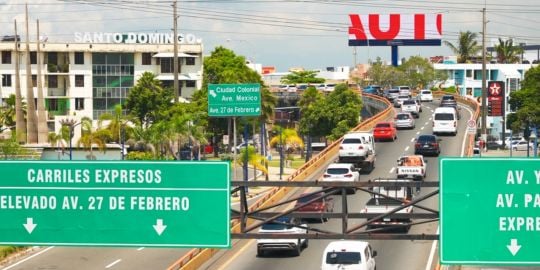So meters are near or on your property. Bills reflect start and end consumption of your billing cycle.
I often do exactly that, I shut off all my breakers and go out for two hours. I take a photo when I leave and one when I get back. It's not usually the electric company charging wrong but someone tapping into your line!
For some here there is a sense of entitlement to receiving free electricity!

 Don't know exact numbers, but just a very rough estimate: per car there are probably 10 mopeds and scooters in DR. Car occupants more often than not get away with minor injures in case of accident. Moped riders more likely end up badly injured or dead (especially that almost none of them wear helmets). So maybe per dead car driver there are 20 dead moped drivers? Would be interesting to see the official stats.
Don't know exact numbers, but just a very rough estimate: per car there are probably 10 mopeds and scooters in DR. Car occupants more often than not get away with minor injures in case of accident. Moped riders more likely end up badly injured or dead (especially that almost none of them wear helmets). So maybe per dead car driver there are 20 dead moped drivers? Would be interesting to see the official stats.








